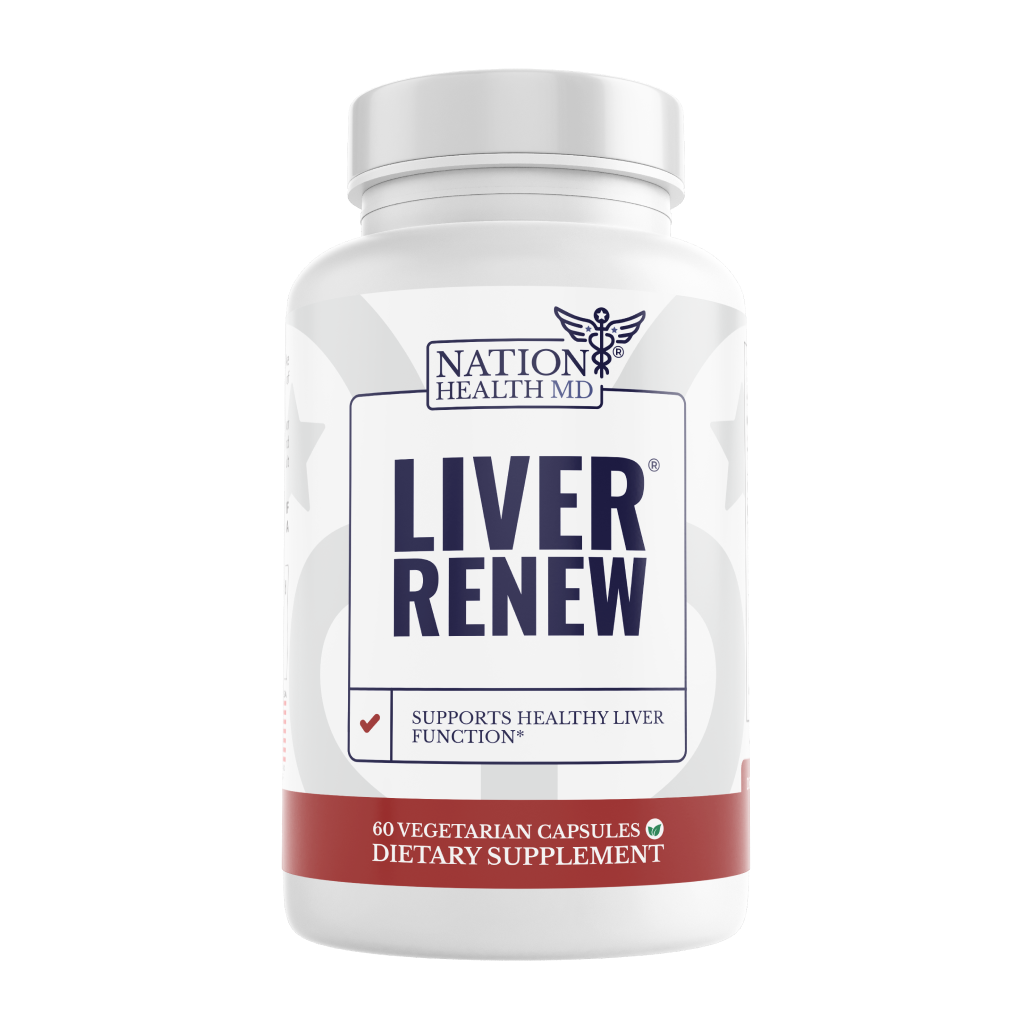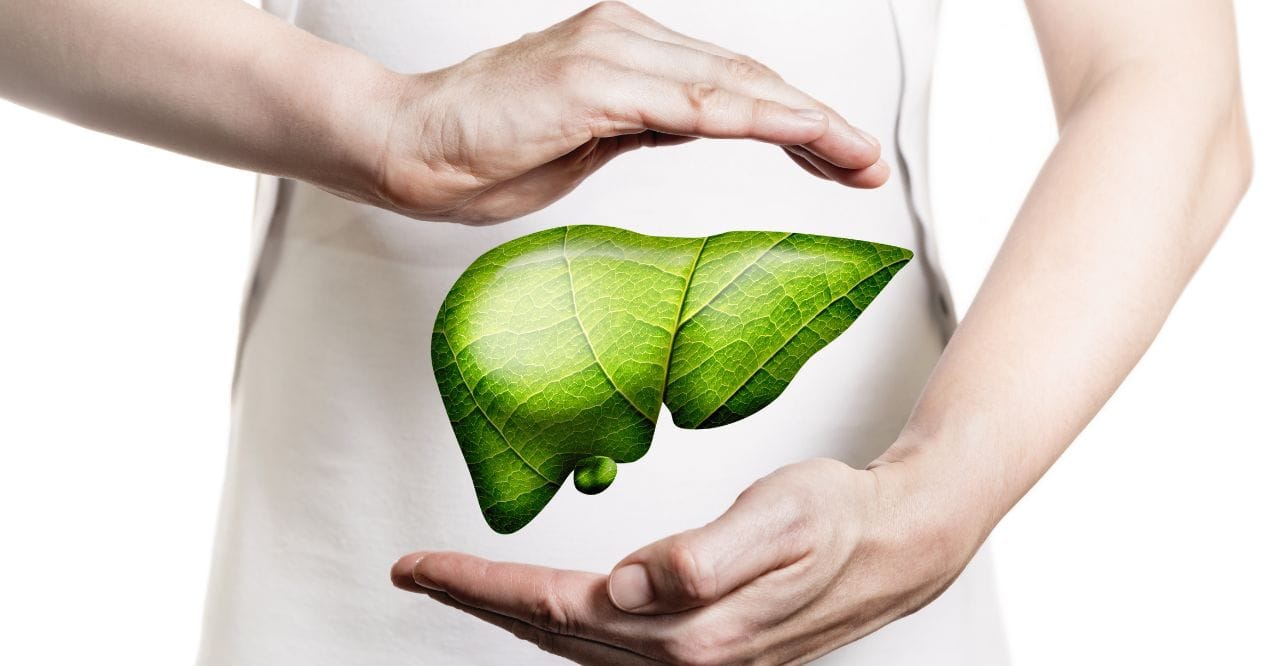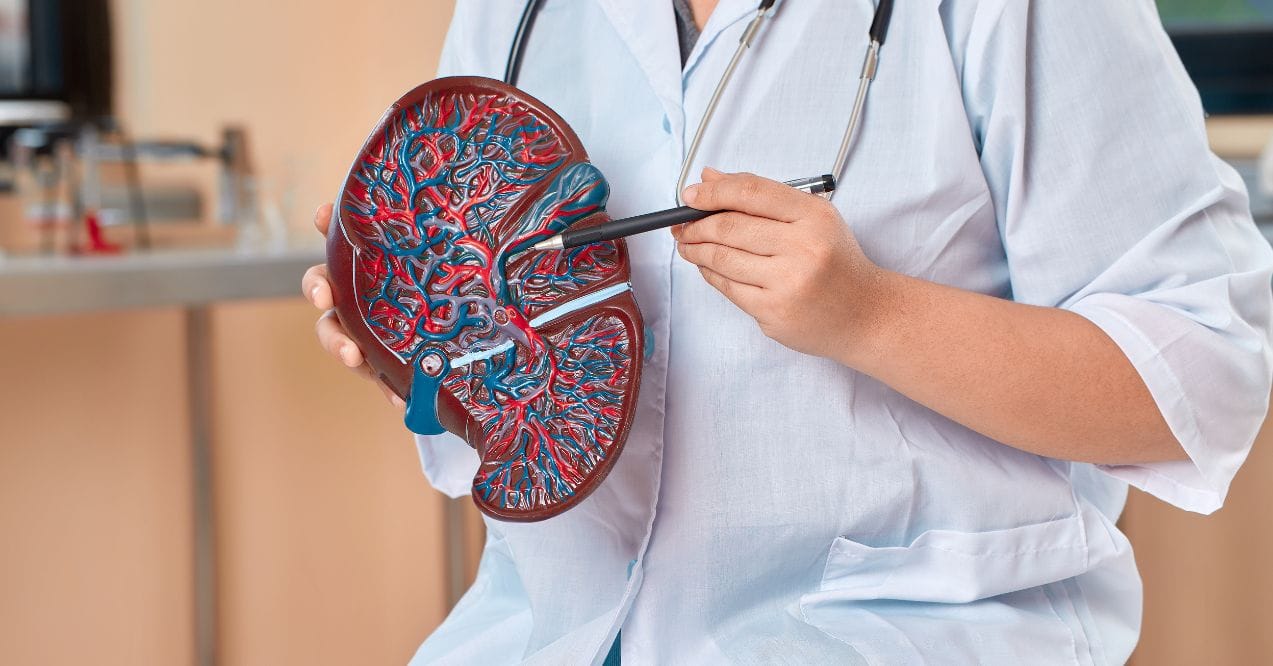Does Magnesium Detox the Liver?
Medically reviewed by our experts


Does magnesium detox the liver? Our livers play an integral part in metabolic health and well-being, serving as the body’s main detoxification organ to filter toxins out of our circulatory system and process nutrients essential to life. Due to this organ’s significance for overall well-being and optimal metabolic functioning, many seek ways to enhance its performance. One such approach involves including magnesium in daily meal plans to support detox efforts and optimize its functionality.
Magnesium is an indispensable mineral essential to life, playing an essential part in numerous biochemical reactions in our bodies and contributing to overall liver detoxification. Magnesium’s potential role as liver cleansing has attracted great interest. Long recognized for muscle function, nerve signaling, energy production and storage, could magnesium also assist liver cleansing?
In this article, we investigate this subject further by considering this mineral’s relationship to liver health and answer the question – Does magnesium detox the liver?
Understanding Liver Detoxification

The liver detoxifies the body by processing and eliminating toxins through complex biochemical pathways. This vital function maintains metabolic health and aids against diseases. By filtering our circulatory system, breaking down harmful substances, and excreting waste products, these pathways help detox the liver, which supports overall well-being and metabolic balance.
How Does the Liver Detoxify Itself?
The liver detoxifies itself through two distinct phases. Phase I involves altering toxins to make them water-soluble so they are more readily removed from our systems during Phase II.
Why Is Detoxification of Liver Important for Health?
Detoxification of the liver can play an essential role in safeguarding against toxic build-up, supporting metabolism, decreasing disease risks, and improving vitality — all contributing to overall health and well-being.
How Does Detoxification Contribute to Overall Liver Health?
Regular detoxification helps the liver maintain peak performance. Furthermore, this strategy stops long-term damage while supporting essential metabolic and detoxification processes within it.
How Magnesium May Support Liver Health?

Does magnesium detox the liver? This mineral is essential to human health, participating in over 300 biochemical reactions crucial to muscle and nerve function, nerve transmission, and energy production. Recent research also suggests magnesium’s possible use as an aid in supporting liver health through improving detoxification processes.
The liver acts as our body’s main detoxification hub, processing toxins through two phases. Phase I involves enzymes altering toxic substances to increase their reactivity before being conjugated with glutathione molecules for further processing and subsequent excretion via bile or urine.
Magnesium contributes significantly to each detoxification stage as a cofactor for key enzymes. For instance, it is essential in Phase I for the functioning of Cytochrome P450 enzymes, which metabolize numerous toxicants and medicines, and in Phase II, supporting enzymes responsible for conjugating toxicants with other molecules to speed their removal from your system.
Though direct evidence connecting magnesium consumption and increased liver detoxification remains limited, observational studies indicate promising correlations. Diets rich in magnesium have been correlated with reduced levels of inflammation markers as well as enhanced liver enzyme profiles across various populations. Furthermore, magnesium’s capacity to lessen oxidative stress and inflammation within the body could indirectly benefit liver health by decreasing factors that cause liver damage over time.
Best Forms of Magnesium for Liver Enzymes
Selecting the appropriate form of magnesium supplements for liver health depends upon absorption efficiency and individual medical needs. Certain magnesium forms have higher absorption rates and support liver enzyme function in a better way. They help optimize Phase I and Phase II detoxification pathways, which are key in eliminating toxins while keeping liver health. When considering magnesium supplements as an aid, several forms stand out:
- Magnesium Citrate – This mineral’s form is a real breeze for your body, and it’s getting a lot of love for keeping your health in top form, especially your liver. It starts detox by helping your body easily break down drugs and toxins, making it a top choice for folks wanting to boost their liver’s natural cleansing abilities.
- Magnesium Glycinate – It is an amino acid that boosts how well your body absorbs, making it a solid choice for those who have stomach issues. Plus, it can help your liver by revving up enzyme action and possibly calming inflammation.
- Magnesium Oxide – While magnesium oxide contains higher doses of the element than its alternative forms, its absorption rates tend to be slower, still contributing to overall magnesium levels within the body. However, it is less recommended when targeting liver health due to decreased bioavailability.
Explore ‘Liver Renew’ – Advanced Benefits Over Magnesium
Liver Renew is a natural mix packed with milk thistle and turmeric, which are known for being top-notch ingredients that help your liver. Milk thistle’s silymarin helps protect liver cells from toxins and promotes regrowth, while turmeric’s curcumin amps up detox and cuts down on your body’s pro-inflammatory markers.
These components complement magnesium’s role in enzyme regulation and overall liver health with Liver Renew’s ability to raise detoxification pathways and contribute to overall well-being, creating an impressive synergistic effect that promotes liver health. Utilizing Liver Renew in combination with magnesium supplements may offer comprehensive support for the optimal functioning of this organ by helping maintain its vital role in metabolic processes and toxin elimination.
Conclusion
The liver is crucial for detoxification and metabolic health.
Magnesium supports liver health by:
- Participating in over 300 biochemical reactions
- Acting as a cofactor for key enzymes in detoxification phases
- Potentially reducing inflammation and oxidative stress
Liver detoxification occurs in two phases:
- Phase I: Altering toxins to increase reactivity
- Phase II: Conjugating toxins for excretion
Best forms of magnesium for liver health:
- Magnesium Citrate: Easily absorbed, supports detoxification
- Magnesium Glycinate: Well-absorbed, may reduce inflammation
- Magnesium Oxide: Less bioavailable, not ideal for liver health
Liver Renew supplement:
- Contains milk thistle and turmeric
- Complements magnesium’s effects
- May offer comprehensive liver support when combined with magnesium
A combination of magnesium and targeted supplements like Liver Renew may provide optimal support for liver function and detoxification.
Does magnesium detox the liver? Yes, magnesium is a must-have for keeping your liver in top shape. It’s like a sidekick in detoxing. It helps us break down and flush out toxins faster, boosting how well our liver works and keeping us feeling good.
Absolutely, what you eat matters a big deal for your liver. Choosing a diet packed with antioxidants and nutrients that give your liver a boost can help manage those enzyme levels and keep your liver humming along just right.
Natural ingredients known to support liver health include milk thistle (which protects liver cells), turmeric, and yohimbine. These work synergistically alongside diet and lifestyle choices to promote liver wellness and preserve essential functions.
Popular Articles
Advertisement. This site offers health, wellness, fitness and nutritional information and is designed for educational purposes only. You should not rely on this information as a substitute for, nor does it replace, professional medical advice, diagnosis, or treatment. If you have any concerns or questions about your health, you should always consult with a physician or other health-care professional. Do not disregard, avoid or delay obtaining medical or health related advice from your health-care professional because of something you may have read on this site. The use of any information provided on this site is solely at your own risk.












